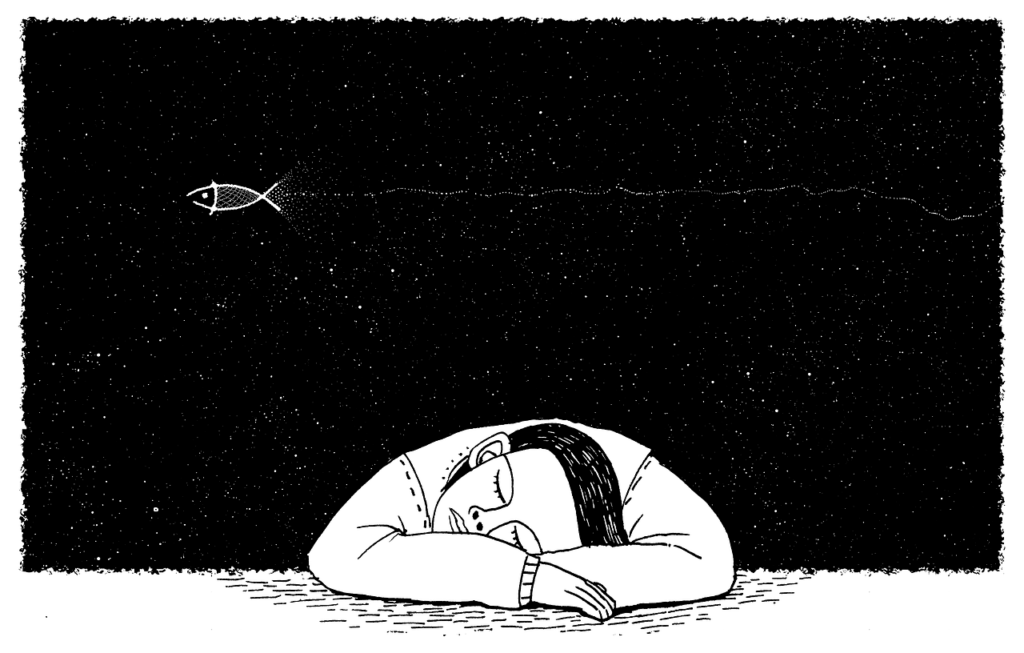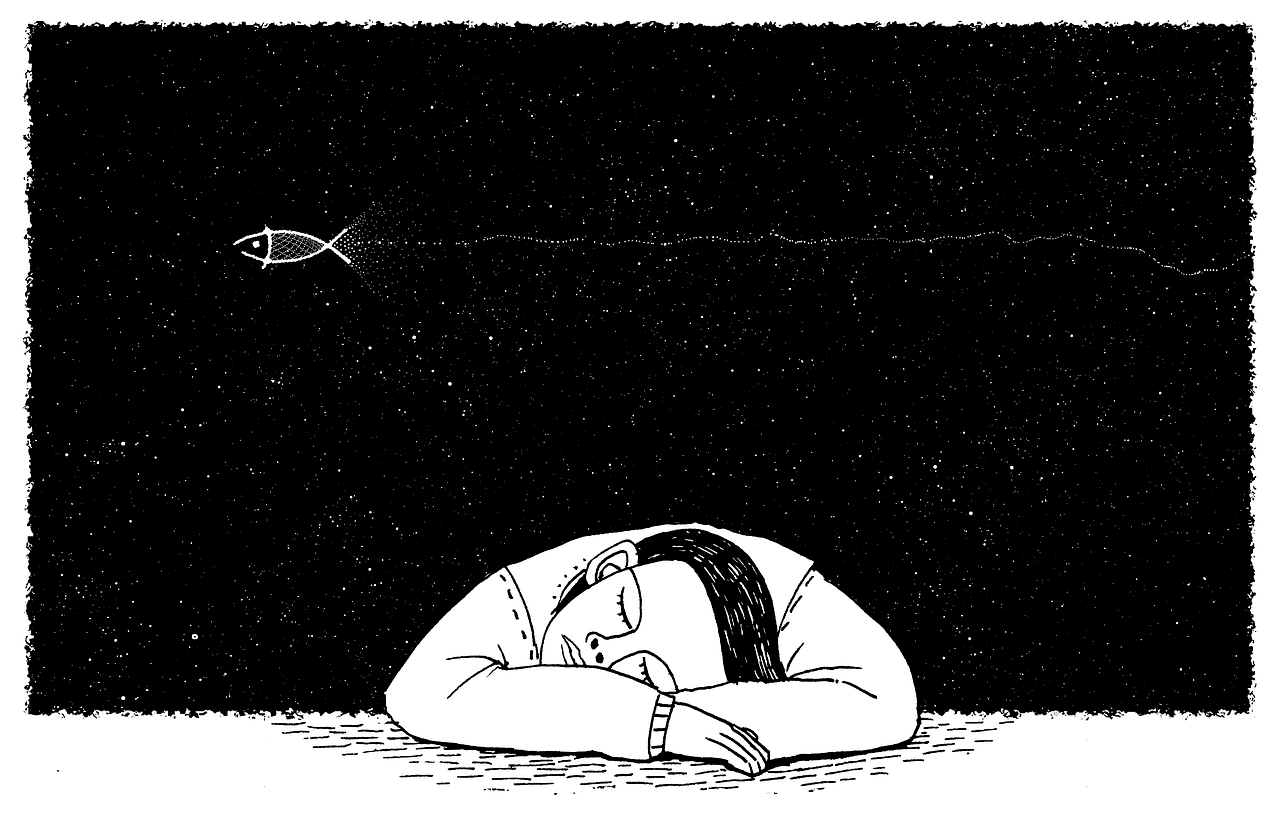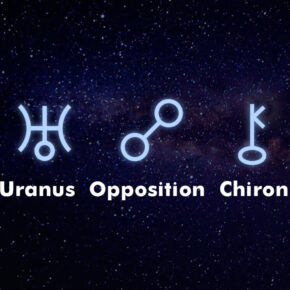
What are dreams?
Decoding dreams is a subjective process. They are your sleep-related thoughts that we remember after we awake. Dreaming when you sleep is, therefore, distinct from fantasizing during the day. Most dreams are visual with no sense of taste or smell. Dreams might be anything from downright bizarre to relatively uninteresting reflections of a recent occurrence.
Do dreams have any scientific relevance?
According to one neurobiological theory called the activation-synthesis hypothesis, dreams are essentially electrical brain transmissions. The theory says that dreams simply draw random thoughts and pictures from our recollections or experiences. So, they may not have any real meaning in most cases.
The exact reason why we have dreams is not completely known yet. Although there is not much scientific data or evidence on how and why dreams are induced: the majority of your dream symbols and their meanings can be deciphered based on things going on in your life on the personal front.
The dreams you experience are unique to your situation and physical as well as emotional state in your waking life. Why we dream while we sleep and what we dream about varies from person to person. Your questions and the responses to them are equally individual and personal.
Why should you interpret your dreams?
Finding certain themes in your dreams and trying to figure out if they have any relevance or purpose for you will help you interpret them.
Figuring out what your dreams are trying to convey is a psychotherapeutic technique. When you’re trying to discover the purpose or the exact message behind your dream, it may give you a sense of serenity or internal well-being. Also, investigating and going deeper into your subconscious and psychological condition could be useful for enriching your personal lives with enhanced self-awareness.
Interpreting your dreams correctly
Dream analysis can provide fresh insights into the workings of your mind, but it lacks scientific support. You can even consult a dream expert or a therapist to help you understand the meanings and symbolic representations in your dreams.
Dream analysis considers your relationships and the representation of every dream symbol. And what it stands for in your personal life and how significant it is. This is one of the best ways to go about dream interpretation and can be highly successful.
Studies guiding dream interpretation
Dreams may be viewed as subconscious mind messages in Gestalt therapy. According to this method, dreams could be seen as manifestations of your psyche that might need taming or focus.
According to Jungian dream analysis, the specific symbolism in each dream is highly relevant. These visualizations could be connected to cultural or spiritual beliefs or early experiences.
Other scientific fields also study dreams and their meaning, in addition to psychological and behavioral dream studies. Unfortunately, you really cannot fully grasp the purpose of dreams. Technology or techniques invented for dream analysis are not foolproof. They can rarely capture a dream.
Therefore researchers must rely on sporadic, subjective accounts. According to assessments of the nervous system during sleep, the frontal lobe of your brain is very active while you sleep. This could be another conclusion from the cognitive neuroscience study.
According to a learned psychotherapist, Renate Daniel, before you head to sleep, place a pen and paper just beside your bed so you can better analyze your dreams. Making voice recordings on a smartphone or tablet or, even better, a dictation device is an option for those seeking a more practical method. It only requires you to push one button.
It’s critical to take immediate action after waking up in order to interpret dreams correctly. A dream is a commentary about your own personal circumstances in life, a communication from the unconscious mind.
If you intend to interpret your dreams, you don’t have to commit to psychoanalysis. A dream diary, either spoken or written, can be sufficient. Not only is it beneficial to write down the dream, but it’s also beneficial to discuss it.
Discussing your dream and its potential significance might help you see things from different angles. This step in the process is crucial for correctly understanding the dream.
How to interpret or decode your dreams
You can investigate dream interpretation by familiarizing yourself with popular dream symbols and their meanings. However, it is advised to keep context and individual significance in mind because these symbols could imply many different things.
When determining symbolism in your dreams, take into account the following questions:
- What function did the image serve in your dream?
- What did it resemble?
- Where did it go?
- In your dreams, how did you feel about it, and how do you connect it to your waking life events?
- When you consider this sign from your dream, what first comes to mind?
Conclusion
It requires perseverance, effort, and an ability to think critically to interpret your dreams. Various people’s interpretations of the same dream may differ. It can be a good idea to keep in mind that you give your own dreams meaning by recognizing symbols and considering what they mean to you individually.








